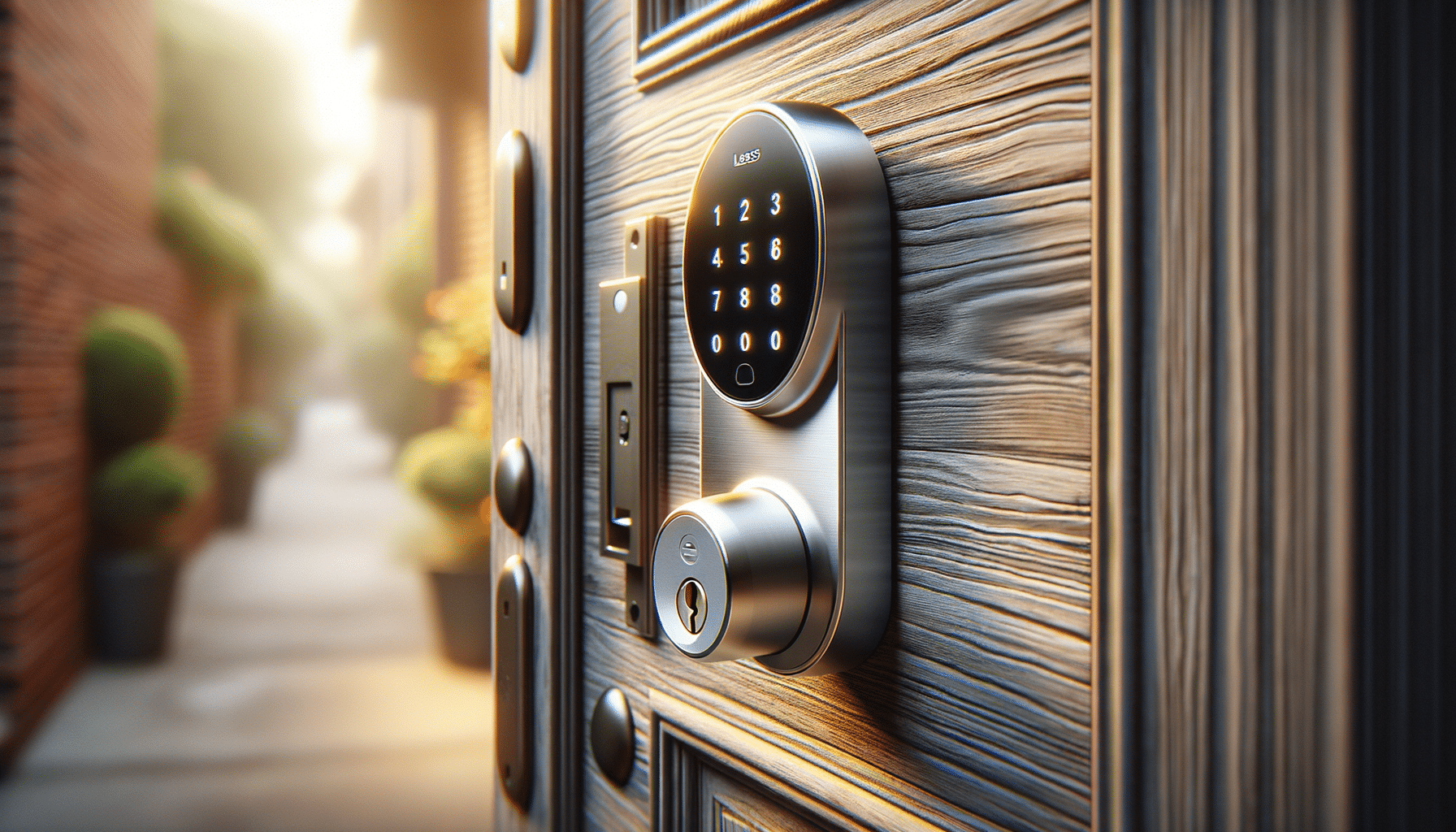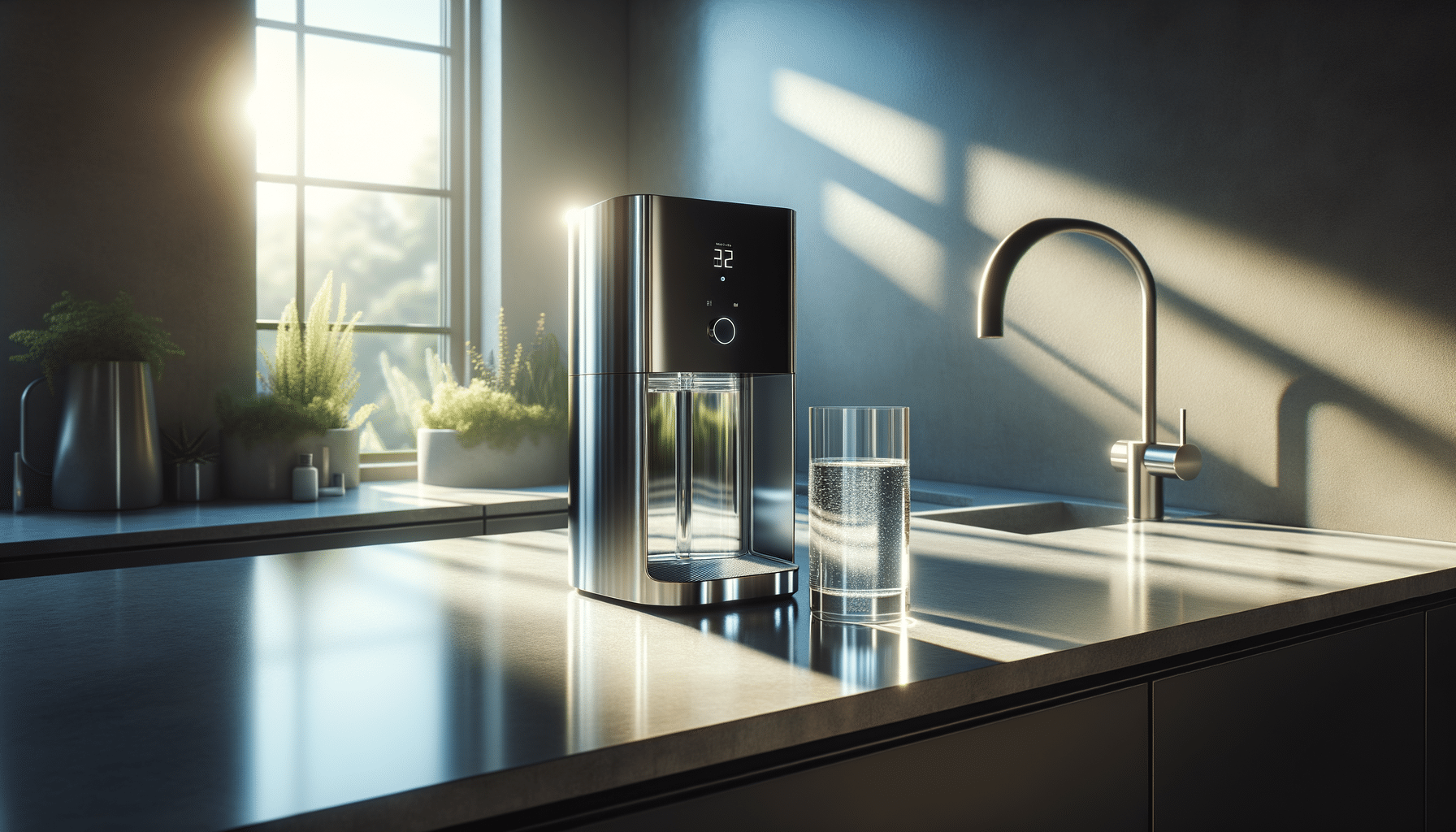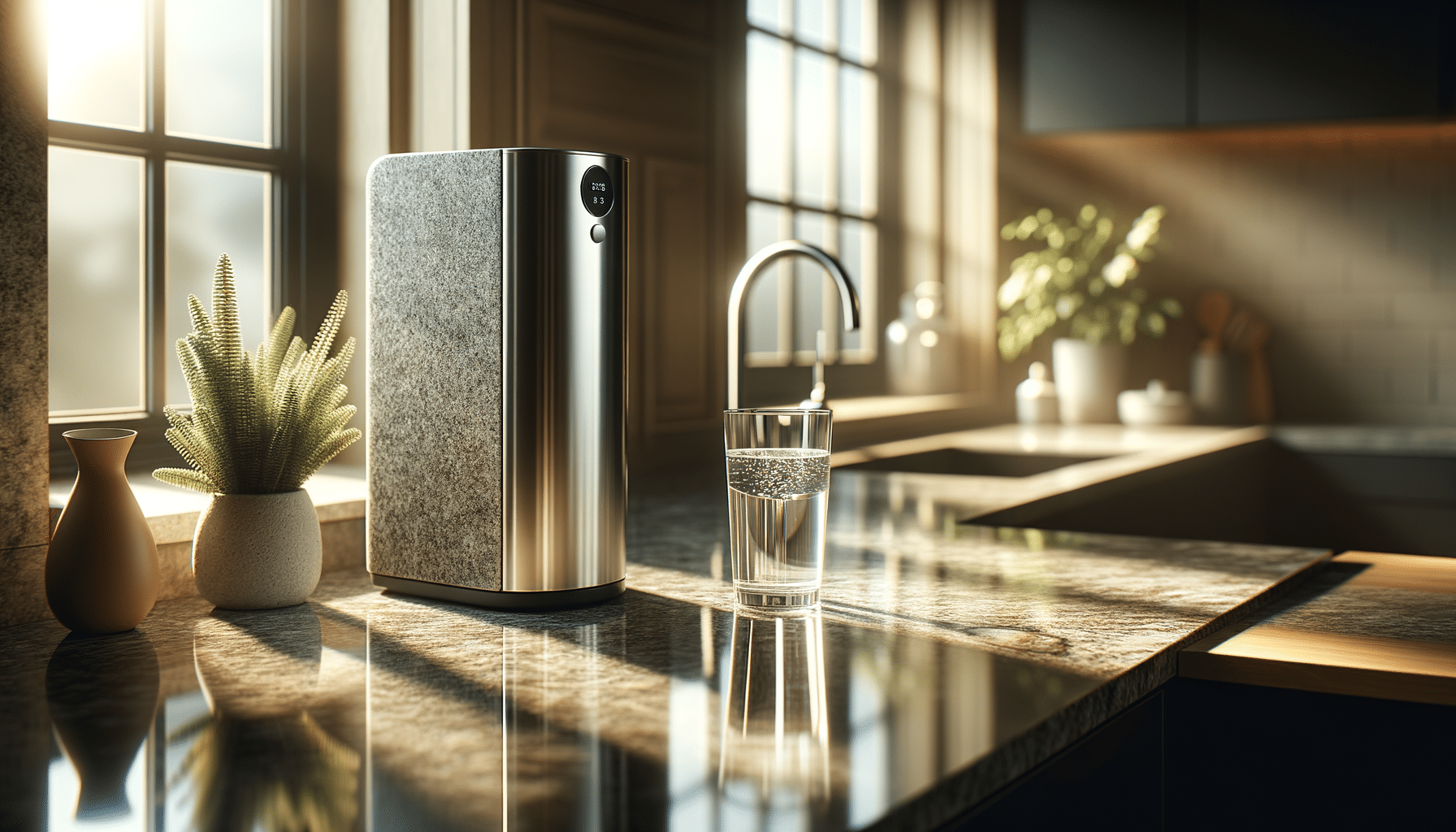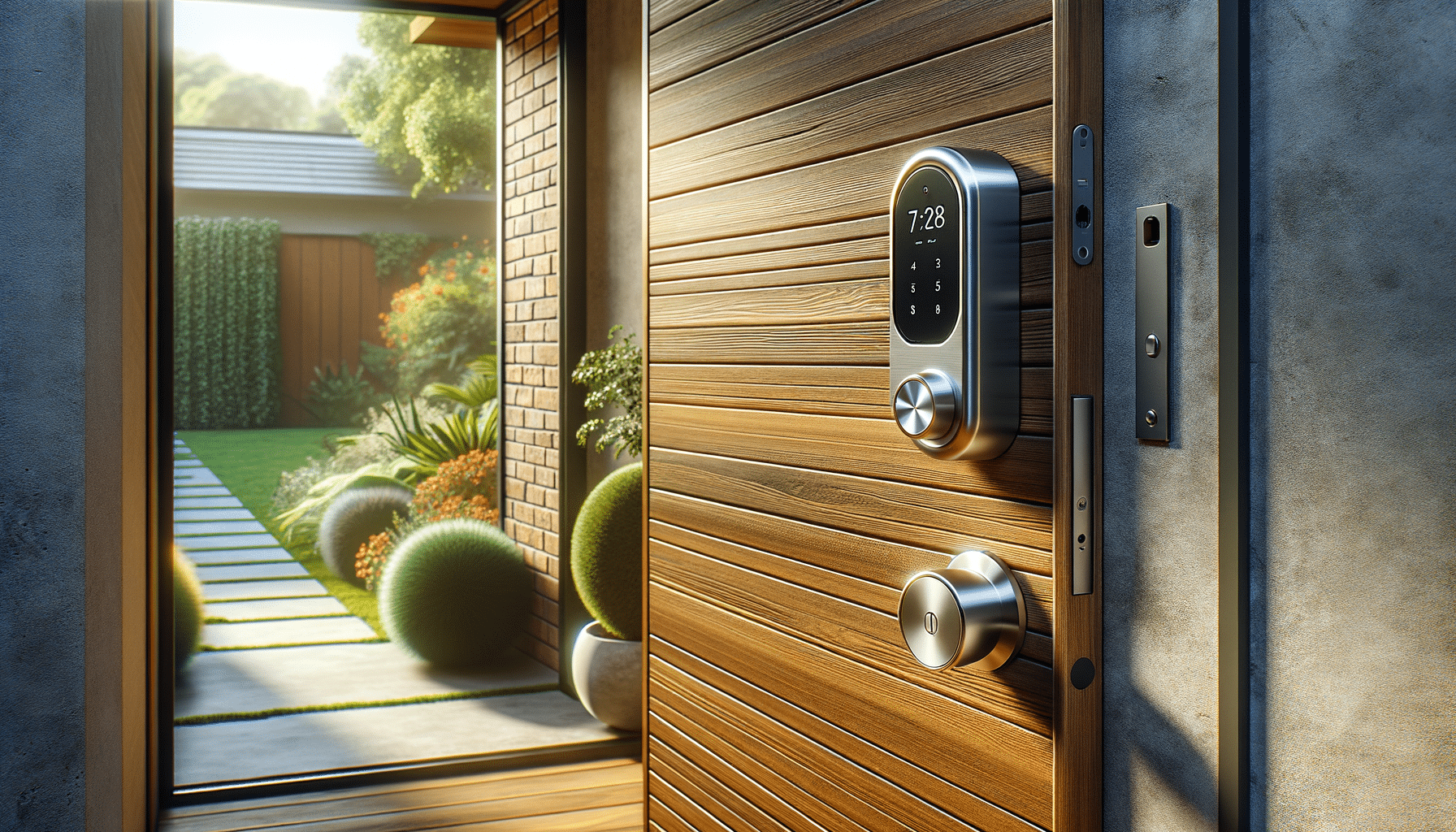
Exploring the World of Smart Locks: Enhancing Security and Convenience
Introduction to Smart Locks
In today’s rapidly advancing technological landscape, smart locks have emerged as a significant innovation in home security. These devices offer a seamless blend of convenience and enhanced security, making them a popular choice for homeowners looking to upgrade their traditional locking systems. Smart locks eliminate the need for physical keys, allowing users to lock and unlock their doors using a smartphone app, a fingerprint, or even voice commands. This evolution in locking mechanisms not only provides ease of access but also enhances the security of homes by integrating with other smart home devices.
How Smart Locks Work
Smart locks function by replacing or augmenting the traditional deadbolt with an electronic mechanism. This mechanism can be controlled remotely via a smartphone app or a home automation system. Many smart locks connect to a home’s Wi-Fi network, enabling users to monitor and control access from virtually anywhere. Some models also offer Bluetooth connectivity, allowing the lock to recognize authorized devices when they are in close proximity. The integration of features such as temporary access codes and activity logs further enhances their functionality, providing users with greater control and insight into their home’s security.
Benefits of Using Smart Locks
Smart locks offer numerous benefits that extend beyond traditional locking mechanisms. One of the primary advantages is the enhanced convenience they provide. Users can grant access to family members, friends, or service providers without the need for physical keys. Temporary access codes can be generated for specific time frames, ensuring that only authorized individuals can enter the home. Additionally, smart locks can be programmed to automatically lock or unlock based on the homeowner’s location, adding an extra layer of convenience and security.
Security Features and Considerations
While smart locks offer a modern solution to home security, it’s essential to consider their security features and potential vulnerabilities. Many smart locks are equipped with advanced encryption protocols to protect against hacking attempts. Additionally, some models feature tamper alerts and built-in alarms to deter unauthorized access. However, as with any connected device, there is a risk of cyber threats. Homeowners should ensure their smart locks are regularly updated with the latest firmware and use strong, unique passwords for their associated accounts.
Choosing the Right Smart Lock for Your Home
When selecting a smart lock, it’s crucial to consider the specific needs and requirements of your home. Factors such as compatibility with existing door hardware, connectivity options, and integration with other smart home devices should be taken into account. It’s also important to evaluate the power source of the lock, as some models rely on batteries, while others may require a hardwired connection. By carefully assessing these factors, homeowners can choose a smart lock that not only enhances their security but also aligns with their lifestyle and preferences.
Conclusion
Smart locks represent a significant advancement in home security, offering a combination of convenience, control, and enhanced protection. As technology continues to evolve, these devices are becoming increasingly sophisticated, providing homeowners with peace of mind and a greater sense of security. By understanding the features and benefits of smart locks, as well as the considerations involved in their selection and use, individuals can make informed decisions to safeguard their homes effectively.


